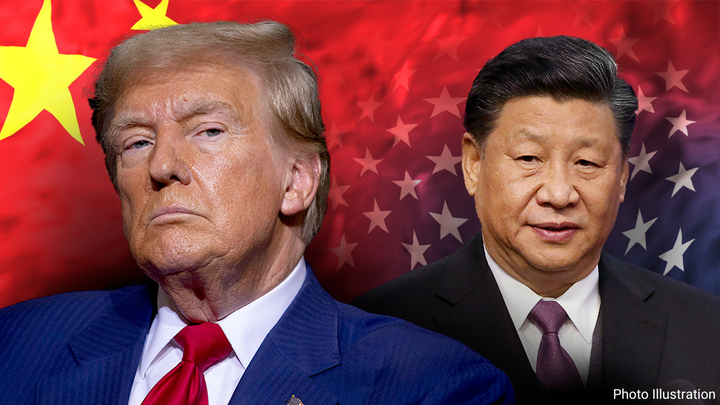House Budget Chairman Jodey Arrington, R-Texas, has introduced new legislation aimed at countering China’s efforts to circumvent U.S. tariffs through production in third-party countries. The Axing Nonmarket Tariff Evasion (ANTE) Act seeks to prevent subsidized and state-owned entities from establishing operations in other nations to avoid tariffs imposed by the United States.
“For far too long, adversaries like China have engaged in unfair trade practices, cheated the American economy, and cost the U.S. millions of jobs,” Arrington stated to Fox News Digital.
President Donald Trump’s administration implemented sweeping tariffs, beginning on April 2nd, dubbed “Liberation Day” by the White House, with the stated goal of rectifying trade imbalances. China faced some of the most significant tariffs, initially set at 145% before being lowered to 30%.
While the tariffs appear to have discouraged direct exports from Chinese manufacturers to the U.S., as indicated by a recent Commerce Department report showing import levels at their lowest since the COVID-19 pandemic, imports have not ceased entirely.
The Chinese Communist Party (CCP) has reportedly employed strategies to evade these tariffs, such as establishing production facilities in third-party nations or transshipping goods through another country for relabeling before their final destination in the U.S. By falsely labeling goods as originating from a country with lower tariffs, manufacturers can avoid the substantial levies imposed on Chinese products. Arrington’s ANTE Act is specifically designed to address this practice.
“The ANTE Act will stop highly-subsidized, state-owned businesses from using third countries as backdoors to evade President Trump’s tariffs and help ensure a level playing field for American producers and manufacturers,” Arrington told Fox News Digital.
Companion legislation is being introduced in the Senate by Sen. Jim Banks, R-Ind., who also expressed confidence in the bill’s ability to prevent the CCP from falsifying the origin of imports. “Communist China shouldn’t be able to dodge U.S. tariffs by slapping a ‘Made in Mexico’ label on their products,” Banks stated. “My bill closes loopholes and stops the CCP from cheating American workers and manufacturers.”
The phenomenon of “place-of-origin washing” extends beyond large corporations. The Financial Times reported that Chinese social media platforms are replete with advertisements offering services to assist sellers in evading tariffs. The outlet also noted an increase in cases involving sellers using South Korea as a transit point to avoid U.S. tariffs, as reported by South Korea’s customs agency.
U.S. law stipulates that goods must undergo “substantial transformation” in a country to be recognized as originating from that nation. According to the International Trade Administration’s (ITA) website, this transformation must significantly increase the value of the product. The ITA provides the example of combining ingredients from multiple countries to bake goods, where the country of baking can be listed as the origin due to the “substantial transformation.” Conversely, simply freezing and mixing produce from different countries in another nation does not qualify as substantial transformation, requiring the listing of each ingredient’s original source.





Discussion about this post